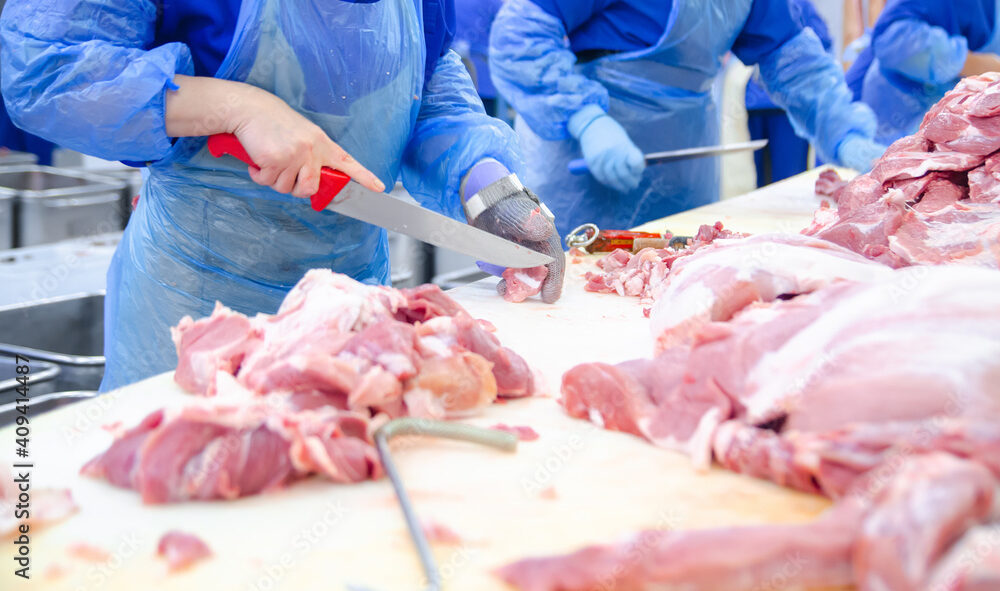There is ‘growing panic’ within the meat processing sector over the Government’s new ‘one-size-fits-all’ £38,700 immigration rule, which is now only seven weeks away, according to the British Meat Processors Association.
The association fears the move to increase the salary threshold for skilled worker visas by £12,500 from April could cost the sector hundreds of millions of pounds and ‘strangle growth and stoke inflation’ across the economy.
“And yet Government is plowing ahead with this seismic policy change without having produced any impact assessment of the damage it could cause. We calculate for our sector alone this could cost hundreds of millions of pounds, push up food inflation and render British exports much less competitive against our European counterparts,” the association warned.
The BMPA also warned that the move might spark a raft of Equal Pay Claims under the Equality Act 2010, as existing workers in the UK seek to be paid an equal salary for the same work as their newly arrived overseas colleagues.
“The £38,700 threshold to employ a recruit from overseas could cause havoc across factories, offices, pubs, restaurants, warehouses, call centres, shops….the list goes on. Existing UK workers will have the legal right to demand a similar salary uplift, completely distorting the standard market rate for jobs across the UK,” the association said.
Not ‘Levelling Up’
The association also insisted that, rather than ‘levelling-up’ or creating a ‘high-wage, high-skill economy’, as the Goverment claims, this will actually produce ‘a large and sudden inflation shock as we pay significantly more for lower skills and less productivity’, and more than businesses would have been paying British workers if they could recruit them.
The association added: “Despite current competitive rates of pay that are well above the official Government ‘going rates’, companies (not just in the meat industry) find it impossible to fill all their vacancies from the pool of people in the UK, who are either not willing, not able, or not in the right location to take up these positions. So, we need migrants.”
“If companies continue to bring in overseas workers, British consumers will be hit with steeply rising costs from some of the key food, retail, hospitality and manufacturing sectors and the UK will become less competitive on the international export market.”
However, the BMPA warned that a more likely scenario is that it will go the other way. “We’re hearing from businesses that filling these vacancies will become completely unviable under the new rule,”it said.
“If they can recruit neither British nor overseas workers they’re left with one choice – contract their business and reduce the amount of food they produce. This would be anti-growth for UK Plc. and damaging for the economy. It would also dent our food security and spark fresh animal welfare issues as animals start backing-up on farms with not enough processing workers to handle the volume.”
The association called on the Government to include butchers on the new Immigration Salary List which would reduce the salary floor to £30,960, which is still more than most British butchers are getting paid now, and is over 50% more than the official Government ‘Going Rate’ of £20,400 for a British worker.




